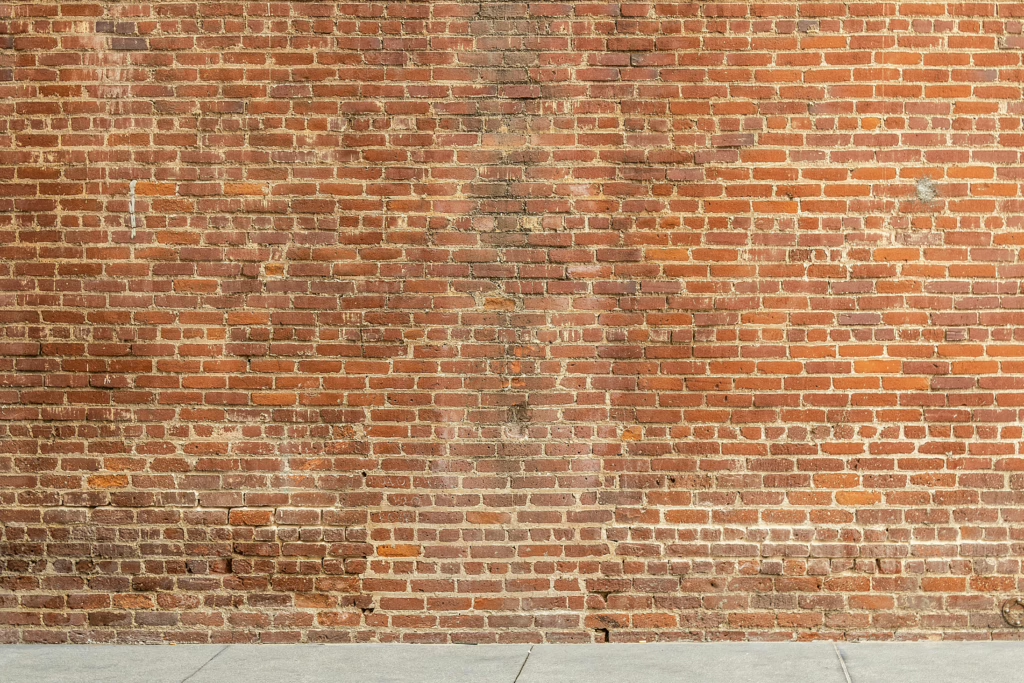The selection of mortar plays a crucial role in the quality of the construction process and the durability of the final masonry product. To ensure the best outcome, it is essential to have a clear understanding of the materials used in masonry construction, the construction process itself, and the requirements of the finished structure. This article discusses important considerations for choosing the right mortar, guided by the ASTM standards.

Key Criteria for Choosing Mortar
When selecting mortar for masonry construction, several key factors must be taken into account:
- Facilitate Proper Placement: Mortar should help in correctly positioning masonry units.
- Contribute to Serviceability: It must ensure the masonry performs well over time under environmental and load conditions.
- Provide Structural Performance: Mortar needs to deliver the necessary strength to meet design requirements.
- Achieve Desired Appearance: Mortar affects the look of masonry and should complement the overall architectural vision.
Different Perspectives in Mortar Selection
Various members of the construction team have distinct priorities regarding mortar:
- Engineers often emphasize structural performance and technical specifications.
- Architects prioritize the appearance and aesthetic qualities.
- Mason contractors focus on workability to maximize productivity and ease of application.
- Owners seek a balance between quality and budget.
To achieve an optimal outcome, it is important to consider all these perspectives together. A few general rules to remember include:
- No single mortar type is ideal for all applications.
- No one mortar type guarantees the highest performance in every scenario.
- The quality of mortar is not solely determined by its type but also by proper mix and application.
ASTM C270 Standard and Mortar Types
The ASTM C270 standard, titled Standard Specification for Mortar for Unit Masonry, provides guidelines and classifications for mortar types to be used in different masonry applications. According to ASTM C270, there are five standardized mortar types, each designed to meet specific performance needs:
- Type N
- Type S
- Type M
- Type O
- Type K
Detailed Overview of Mortar Types
1. Type N Mortar
Type N mortar is a medium-strength mortar with a compressive strength of about 750 psi after 28 days. It is commonly used for exterior and above-grade walls exposed to weather. Its composition typically includes 1 part Portland cement, 1 part lime, and 6 parts sand. Type N is considered a general-purpose mortar suitable for above-grade load-bearing walls and soft stone masonry.
2. Type S Mortar
Type S mortar offers higher strength, with compressive strength values ranging from 1800 to 3000 psi. It is designed for below-grade applications such as retaining walls, sewers, manholes, and foundations. This mortar type is strong enough to withstand soil pressure, dynamic loads like wind or earthquakes, and has good resistance to freeze-thaw cycles.
3. Type M Mortar
Type M is the highest strength mortar, ideal for heavy-load bearing applications and below-grade construction like driveways, retaining walls, and foundations. It contains the most Portland cement among the types, resulting in compressive strengths even higher than Type S. However, Type M is less workable and has lower adhesion, making it unsuitable for exposed surfaces but good for natural stone masonry.
4. Type O Mortar
Type O mortar is a low-strength mix with about 350 psi compressive strength. It is commonly used for interior, non-load bearing applications and for repair or pointing work. While it is easy to work with, it is not recommended for exterior walls exposed to high winds or harsh weather.
5. Type K Mortar
Type K mortar is rarely used in modern construction but remains important for historic restoration. It has very low strength (approximately 75 psi) and a soft texture, making it suitable for preserving old or delicate masonry such as historical buildings or monuments.
Conclusion
Choosing the right mortar is essential for ensuring the strength, durability, and aesthetic appeal of masonry construction. By understanding the characteristics and appropriate applications of each ASTM mortar type, construction professionals can make informed decisions that meet both technical and design requirements. Balancing workability, strength, appearance, and budget is key to achieving a successful masonry project.
